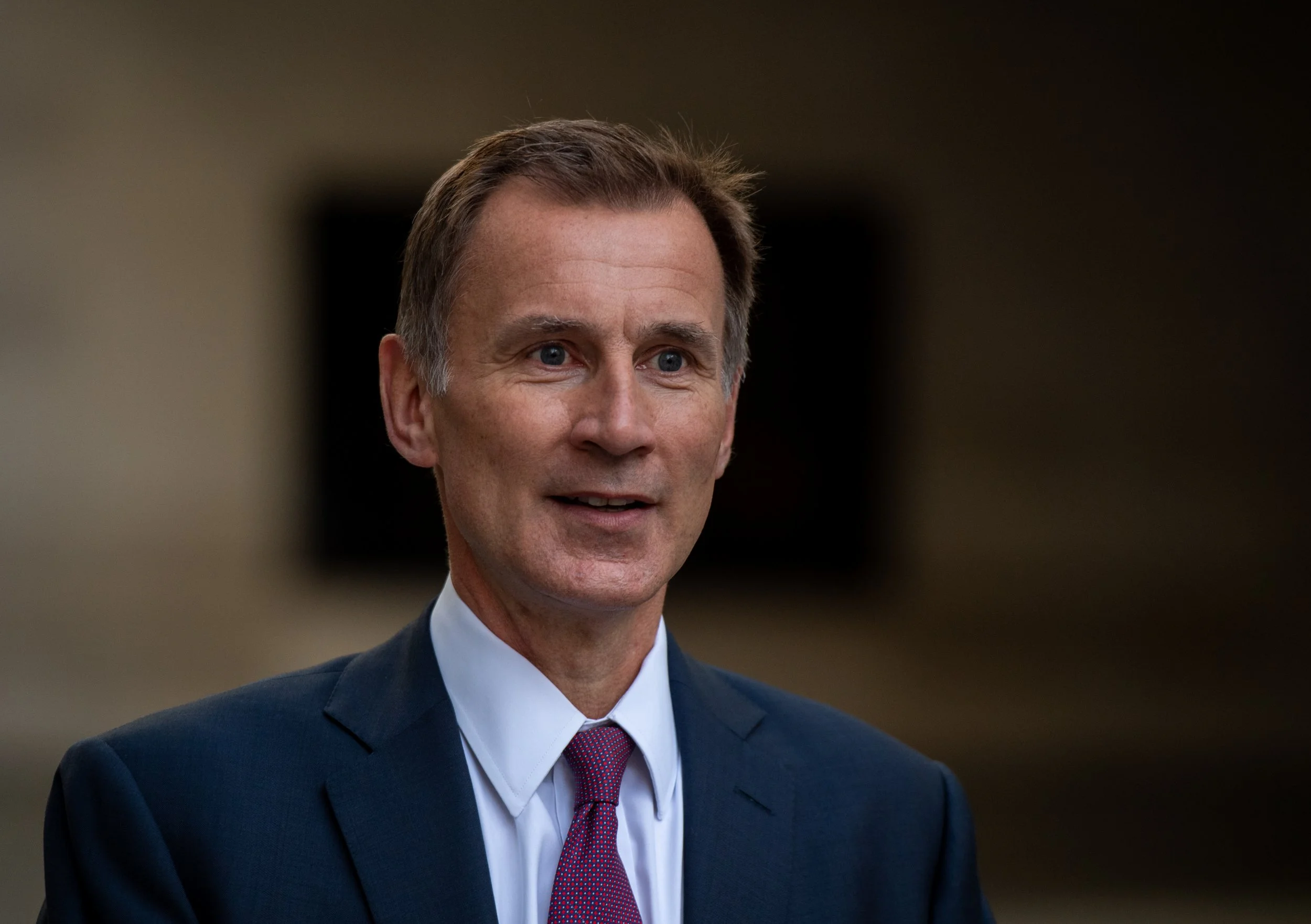The changes to stamp duty announced at the government’s mini-Budget last month are to remain in place.
Chancellor Jeremy Hunt has announced the reversal of almost all the tax measures announced by Kwasi Kwarteng on 23 September, but the government is to still proceed with the stamp duty plans.
The new Chancellor confirmed in an emergency statement today that the government will be sticking with the decision to increase the stamp duty threshold from £125,000 to £250,000, and from £300,000 to £425,000 for first-time buyers.
Another stamp duty pledge included an increase to the value of property on which first-time buyers can claim relief, from £500,000 to £625,000. At the time of his mini-Budget, Kwarteng said this would mean 200,000 more people will be taken out of paying stamp duty altogether.
While the the new Chancellor has confirmed that “almost all” tax measures announced on 23 September are to be reversed, those that had already started the parliamentary process, which may include the stamp duty pledges, are to remain.
Commenting on the decision, national operations director at Just Mortgages, John Phillips, said:“With the stamp duty change remaining as one of the few ‘mini-Budget’ pledges to survive, there’s hope that, despite rising interest rates, confidence in the market will stay strong.
“It goes without saying that brokers shouldn’t expect things to now go “back to normal” as the market will remain unsettled. As a result, brokers will need to keep up the hard work to support those looking to move or remortgage. There are still 1.7 million people who will be coming off low fixed-term mortgages in the next year, who will now be facing tougher criteria, tightened affordability and more expensive mortgage options.
“There will be a generation of homeowners and house buyers unsure what their next step should be, desperate for solid financial advice to make sense of this rapidly changing market. Brokers are in the best place to respond to this demand and support those who will still want or need to make moves in the current climate.”
MPowered Mortgages distribution director, Emma Hollingworth, added: “The new Chancellor’s decision not to scrap the cuts to the stamp duty is an indication that the government is still serious about tackling the issues facing homebuyers. Interest rates are now at the highest level since 2008, meaning many first-time buyers will struggle to get on the housing ladder, so the cuts to Stamp Duty are a welcome change for this group in particular.
“Supporting both homebuyers and homeowners is a priority now more that it has ever been, especially in an environment where the cost of living and mortgage rates continue to rise. Mortgage lenders need to continue to adapt their mortgage products to respond to the changing needs of homeowners and buyers.”
Latest News
-
Metro Bank hits record growth in corporate and commercial lending
-
Intermediary confidence softens slightly in Q4 – IMLA
-
Record flows drive Quilter’s AUMA to £141bn
-
8.6 million savings accounts exposed to tax
-
Mortgage lending rises 16% in 2025 – UK Finance
-
Nationwide doubles households who can benefit from 0% green home borrowing
Mortgage Advice Bureau and AI in the mortgage sector
Chief executive officer at Mortgage Advice Bureau, Peter Brodnicki, and founder and managing director at Heron Financial, Matt Coulson, joined content editor Dan McGrath to discuss how Mortgage Advice Bureau is using artificial intelligence to make advancements in the mortgage industry, the limitations of this technology and what 2026 will hold for the market
Perenna and the long-term fixed mortgage market

Content editor, Dan McGrath, spoke to head of product, proposition and distribution at Perenna, John Davison, to explore the long-term fixed mortgage market, the role that Perenna plays in this sector and the impact of the recent Autumn Budget
NEW BUILD IN FOCUS - NEW EPISODE OF THE MORTGAGE INSIDER PODCAST, OUT NOW

Figures from the National House-Building Council saw Q1 2025 register a 36% increase in new homes built across the UK compared with the same period last year, representing a striking development for the first-time buyer market. But with the higher cost of building, ongoing planning challenges and new and changing regulations, how sustainable is this growth? And what does it mean for brokers?
Does the North-South divide still exist in the UK housing market?

What do the most expensive parts of the country reveal about shifting demand? And why is the Manchester housing market now outperforming many southern counterparts?
In this episode of the Barclays Mortgage Insider Podcast, host Phil Spencer is joined by Lucian Cook, Head of Research at Savills, and Ross Jones, founder of Home Financial and Evolve Commercial Finance, to explore how regional trends are redefining the UK housing, mortgage and buy-to-let markets.
In this episode of the Barclays Mortgage Insider Podcast, host Phil Spencer is joined by Lucian Cook, Head of Research at Savills, and Ross Jones, founder of Home Financial and Evolve Commercial Finance, to explore how regional trends are redefining the UK housing, mortgage and buy-to-let markets.
© 2019 Perspective Publishing Privacy & Cookies









Recent Stories